
This book presents a strong philosophical, theoretical and practical argument for the mainstreaming of indigenous knowledge in curricula development, and in teaching and learning across the African continent. Since the dawn of political independence in Africa, there has been an ongoing search for the kind of education that will create a class of pr...
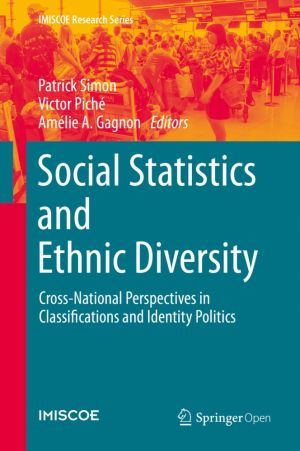
This book examines the question of collecting and disseminating data on ethnicity and race in order to describe characteristics of ethnic and racial groups, identify factors of social and economic integration and implement policies to redress discrimination. It offers a global perspective on the issue by looking at race and ethnicity in a wide vari...

This book asks why and how some of the developing countries have "emerged" under a set of similar global conditions, what led individual countries to choose the particular paths that led to their "emergence," and what challenges confront them. If we are to understand the nature of major risks and uncertainties in the world, we m...

This book addresses the issue of how a country, which was incorporated into the world economy as a periphery, could make a transition to the emerging state, capable of undertaking the task of economic development and industrialization. It offers historical and contemporary case studies of transition, as well as the international background under wh...
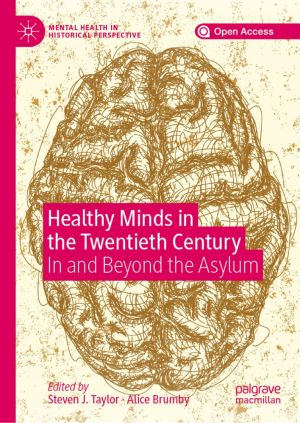
This open access edited collection contributes a new dimension to the study of mental health and psychiatry in the twentieth century. It takes the present literature beyond the 'asylum and after' paradigm to explore the multitude of spaces that have been permeated by concerns about mental well-being and illness. The chapters in this volum...

This book investigates psychiatry in Uganda during the years of decolonisation. It examines the challenges facing a new generation of psychiatrists as they took over responsibility for psychiatry at the end of empire, and explores the ways psychiatric practices were tied to shifting political and development priorities, periods of instability, and ...
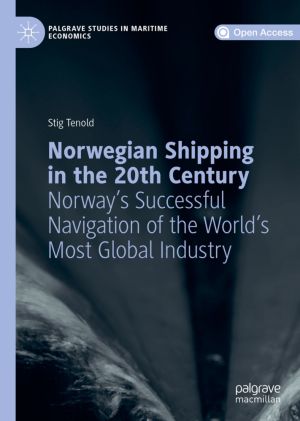
This book discusses how Norwegian shipping companies played a crucial role in global shipping markets in the 20th century, at times transporting more than ten per cent of world seaborne trade. Chapters explore how Norway managed to remain competitive, despite being a high labour-cost country in an industry with global competition. Among the feature...

This book is the first academic study of the post-mortem practice of gibbeting ('hanging in chains'), since the nineteenth century. Gibbeting involved placing the executed body of a malefactor in an iron cage and suspending it from a tall post. A body might remain in the gibbet for many decades, while it gradually fell to pieces. Hanging ...

"In this book, Wallace elegantly shows how committed government intervention can improve wellbeing with rigour and impact. It's an essential read for anyone concerned with the future of the UK."Julia Unwin, CBE"As someone who commissioned one of the first attempts to learn from the devolved nations I am delighted to see this pub...

This book highlights Singapore's development into a city in which water and greenery, along with associated environmental, technical, social and political aspects have been harnessed and cultivated into a liveable sustainable way of life. It is also a story about a unique and thoroughgoing approach to large-scale and potentially transferable w...
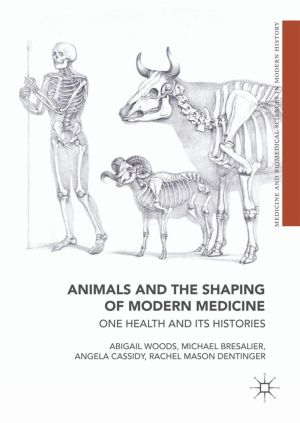
This book breaks new ground by situating animals and their diseases at the very heart of modern medicine. In demonstrating their historical significance as subjects and shapers of medicine, it offers important insights into past animal lives, and reveals that what we think of as 'human' medicine was in fact deeply zoological.Each chapter ...

This book explores how the body was investigated in the late nineteenth-century asylum in Britain. As more and more Victorian asylum doctors looked to the bodily fabric to reveal the 'truth' of mental disease, a whole host of techniques and technologies were brought to bear upon the patient's body. These practices encompassed the cli...

This volume provides a series of illuminating perspectives on the timings of death, through in-depth studies of Shakespearean tragedy, criminal execution, embalming practices, fears of premature burial, rumours of Adolf Hitler's survival, and the legal concept of brain death. In doing so, it explores a number of questions, including: how do we...

This book explores the impact that professional volunteers have on the low resource countries they choose to spend time in. Whilst individual volunteering may be of immediate benefit to individual patients, this intervention may have detrimental effects on local health systems; distorting labour markets, accentuating dependencies and creating oppor...

This book is the culmination of many years of research on what happened to the bodies of executed criminals in the past. Focusing on the eighteenth and nineteenth centuries, it looks at the consequences of the 1752 Murder Act. These criminal bodies had a crucial role in the history of medicine, and the history of crime, and great symbolic resonance...

In these powerful and stylishly written essays, Maria Manuel Lisboa dissects the work of Paula Rego, the Portuguese-born artist considered one of the greatest artists of modern times. Focusing primarily on Rego's work since the 1980s, Lisboa explores the complex relationships between violence and nurturing, power and impotence, politics and th...

Conviviality has lately become a catchword not only in academia but also among political activists. This open access book discusses conviviality in relation to the adjoining concepts cosmopolitanism and creolisation. The urgency of today's global predicament is not only an argument for the revival of all three concepts, but also a reason to br...

This is the first book-length exploration of the thoughts and experiences expressed by dementia patients in published narratives over the last thirty years. It contrasts third-person caregiver and first-person patient accounts from different languages and a range of media, focusing on the poetical and political questions these narratives raise: wha...
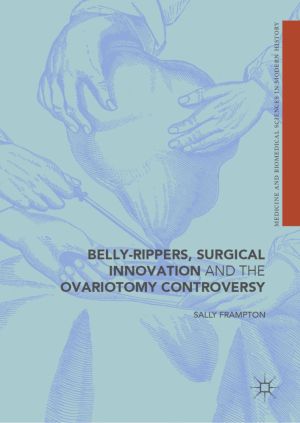
This book looks at the dramatic history of ovariotomy, an operation to remove ovarian tumours first practiced in the early nineteenth century. Bold and daring, surgeons who performed it claimed to be initiating a new era of surgery by opening the abdomen. Ovariotomy soon occupied a complex position within medicine and society, as an operation which...

This book explores the question of who or what 'the public' is within 'public health' in post-war Britain. Drawing on historical research on the place of the public in public health in Britain from the establishment of the National Health Service in 1948, the book presents a new perspective on the relationship between state and ...

This book explores how children, parents, and survivors reshaped the politics of child protection in late twentieth-century England. Activism by these groups, often manifested in small voluntary organisations, drew upon and constructed an expertise grounded in experience and emotion that supported, challenged, and subverted medical, social work, l...

This book explores the under-researched history of male mental illness from the mid-twentieth century. It argues that statistics suggesting women have been more vulnerable to depression and anxiety are misleading since they underplay a host of alternative presentations of 'distress' more common in men....

The narrative of 20th-century medicine is the conquering of acute infectious diseases and the rise in chronic, degenerative diseases. The history of fungal infections does not fit this picture. This book charts the path of fungal infections from the mid 19th century to the dawn of the 21st century....

This book is open access under a CC-BY licence. Cancer is perhaps the modern world's most feared disease. Yet, we know relatively little about this malady's history before the nineteenth century. This book provides the first in-depth examination of perceptions of cancerous disease in early modern England. Looking to drama, poetry and pole...

This Open Access biography chronicles the life and achievements of the Norwegian engineer and physicist Rolf Widerøe. Readers who meet him in the pages of this book will wonder why he isn't better known.The first of Widerøe's many pioneering contributions in the field of accelerator physics was the betatron. He later went on to build th...
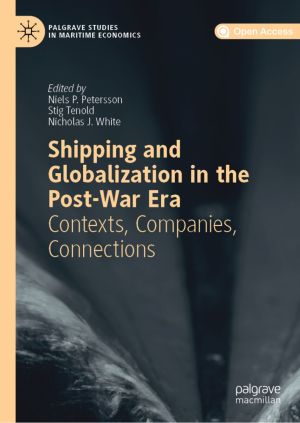
This free book belongs to the Maritime Business and Economic History strand of the Palgrave Studies in Maritime Economics book series.This volume highlights the contribution of the shipping industry to the transformations in business and society of the postwar era. Shipping was both an example and an engine of globalization and structural change. I...

There could be no more opportune time than the start of the third millennium AD to produce an entirely new atlas of world history. Not only does this symbolic (if arbitrary) moment provoke a mood of public retrospection, but the pace of global change itself demands a greater awareness of "whole world" history.
More than 20 years have p...
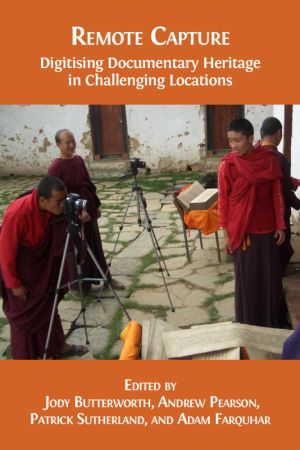
This is a must-read how-to guide if you are planning to embark on a scholarly digitisation project. Tailored to the specifications of the British Library's EAP (Endangered Archives Programme) projects, it is full of sound, practical advice about planning and carrying out a successful digitisation project in potentially challenging conditions.
...

Theory without practice is empty, practice without theory is blind, to adapt a phrase from Immanuel Kant. The sentiment could not be truer of cultural heritage ethics. This intra-disciplinary book bridges the gap between theory and practice by bringing together a stellar cast of academics, activists, consultants, journalists, lawyers, and museum pr...

This biography examines the long life of the traveller and author Stephen Graham. Graham walked across large parts of the Tsarist Empire in the years before 1917, describing his adventures in a series of books and articles that helped to shape attitudes towards Russia in Britain and the United States. In later years he travelled widely across Europ...
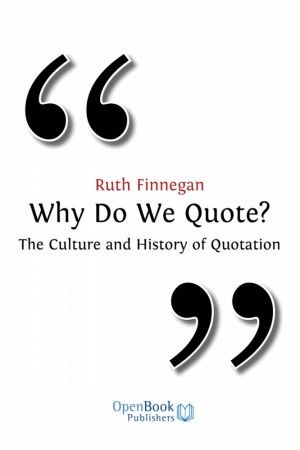
Quoting is all around us. But do we really know what it means? How do people actually quote today, and how did our present systems come about? This book brings together a down-to-earth account of contemporary quoting with an examination of the comparative and historical background that lies behind it and the characteristic way that quoting links pa...
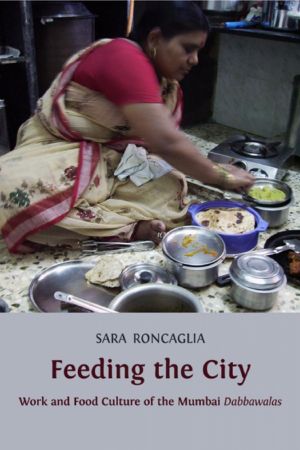
Every day in Mumbai 5,000 dabbawalas (literally translated as "those who carry boxes") distribute a staggering 200,000 home-cooked lunchboxes to the city's workers and students. Giving employment and status to thousands of largely illiterate villagers from Mumbai's hinterland, this co-operative has been in operation since the la...
